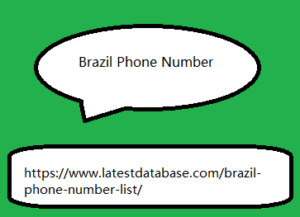|
|
Post by afifatabassum on Mar 11, 2024 17:04:11 GMT 9.5
Paul Adams, head of the User Research for Social group at Google, conducted a very interesting study on the use of social networks, which brings to light the weaknesses of the Facebook model and therefore the pillars on which Brin & Page could base the anti- Facebook (code name Google Me). Some highlights: – motivations and objectives must be at the basis of the design of a social network, not technology – the concept of "friends", typical of Facebook, is unable to include the different levels of friendship typical of our lives. It is necessary to design the platforms so that they Brazil Phone Number give the possibility of distinguishing groups of friends depending on the intensity of the bond (strong, weak, temporary) – different degrees of friendship also need different communication channels – the network should support different types of identities and also anonymity – people care little about privacy just because they don't understand overly complicated settings. – people underestimate the size of their audience and the persistence of their online conversations.  Assuming that Google Me was able to satisfy the needs of users not satisfied by existing social networks, it would still be faced with the great difficulty of defeating Facebook's so-called network externalities. In other words, the value that I obtain as a user from belonging to a very large network, made up of numerous established and potential contacts, is greater than any benefits that I could obtain from a new network, perhaps better designed, but less extensive than the current one. . |
|